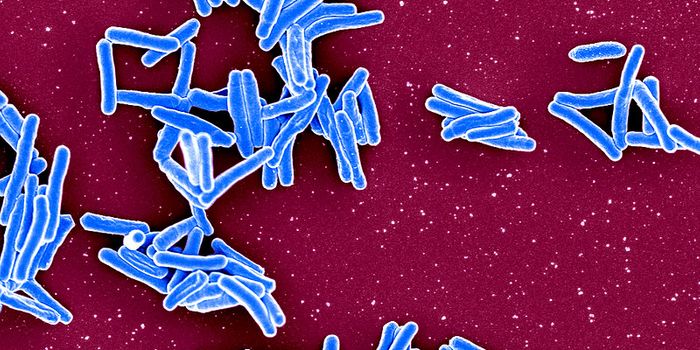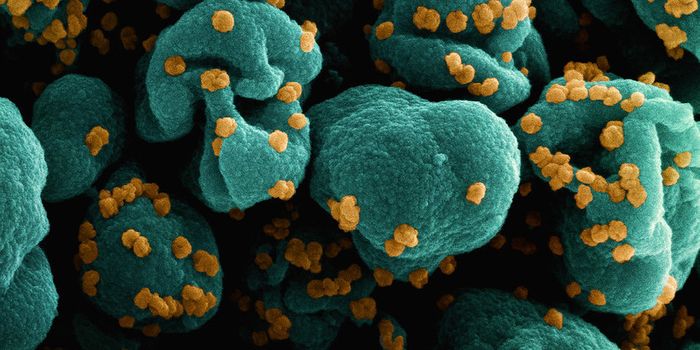Glutathione is an extremely important antioxidant, the king of all detoxifying agents that prevent oxidative stress in our bodies. It is produced from three amino acids and appears in every cell of our body. However, recent research shows that the mutalistic bacteria living in our gut may be eating up one of the essential amino acids for glutathione production, leading to a glutathione defiency that could be linked to metabolic diseases like obesity, type 2 diabetes, atherosclerosis, and liver disease.
In their recent study published in
Molecular Systems Biology, scientists from the Chalmer's University of Technology, the Royal Institute of Technology, and the University of Gothenburg in Sweden used a functional model of mouse metabolism to establish a connection between gut microbiota and antioxidant metabolism. Glutathione plays vital roles in both humans and mice: boosting the immune system and enabling nutrient metabolism. It is obtained from food and deficiencies lead to oxidative stress.
By comparing gastrointestinal tract tissue samples from germ-free mice and "conventionally raised" mice, the scientists were able to see the global metabolic differences between the two. The researchers were able to see that some gut microbiota were consuming glycine, one of the three amino acids required for glutathione synthesis.
If there is an imbalance in the normal microbiome and too many bacteria are consuming glycine, glutathione synthesis will be severely reduced. Lacking normal levels of this powerful antioxidant is dangerous for human health.
"Imbalances in the composition of the bacteria may lead to the progression of the chronic diseases," explained Dr. Adil Mardinoglu, first author of the paper.
Indeed, patients with obesity, type 2 diabetes, and non-alcohol related fatty liver disease are found to have reduced glycine levels in plasma.
"The discovery that the bacteria in our small intestine consume glycine and regulate glutathione metabolism may led to the development of food products that can deliver beneficial bacteria (probiotics) to the gut," said Dr. Jens Nielsen.
Replenishing the body's store of diverse, beneficial bacteria could be the key to treating and/or preventing metabolic disease.
Maintaining a healthy gut microbiome is important for a lot of reasons. Check out the following video to learn more:
Source:
Molecular Systems Biology and
Science Daily









